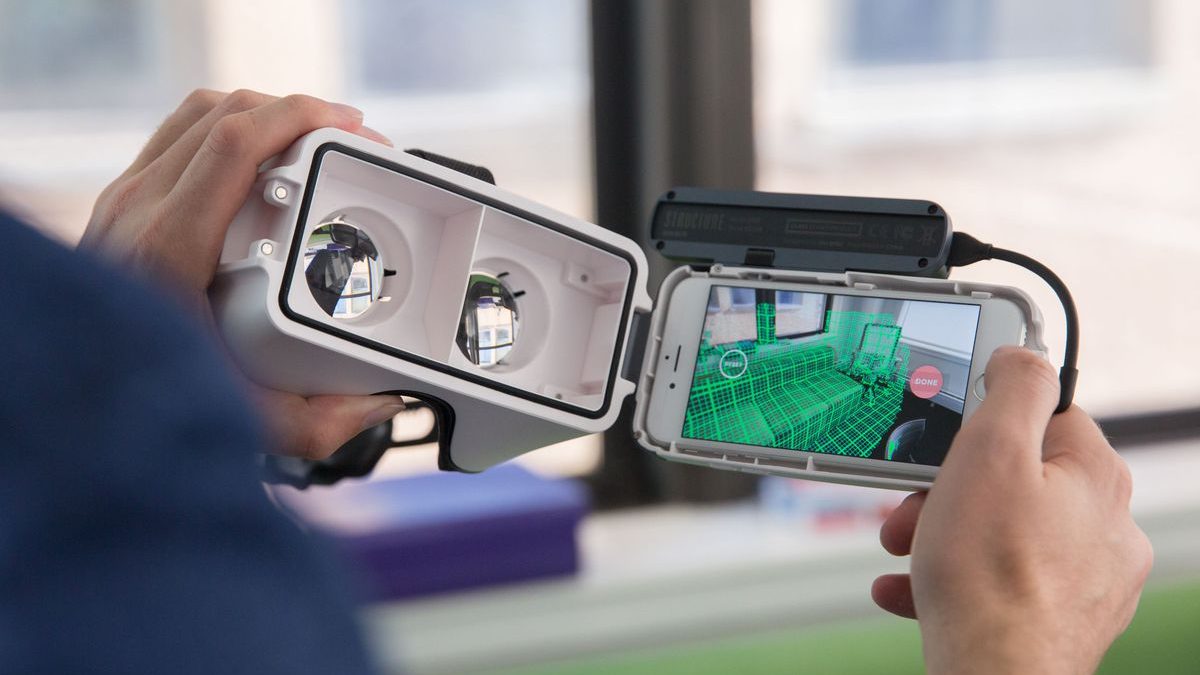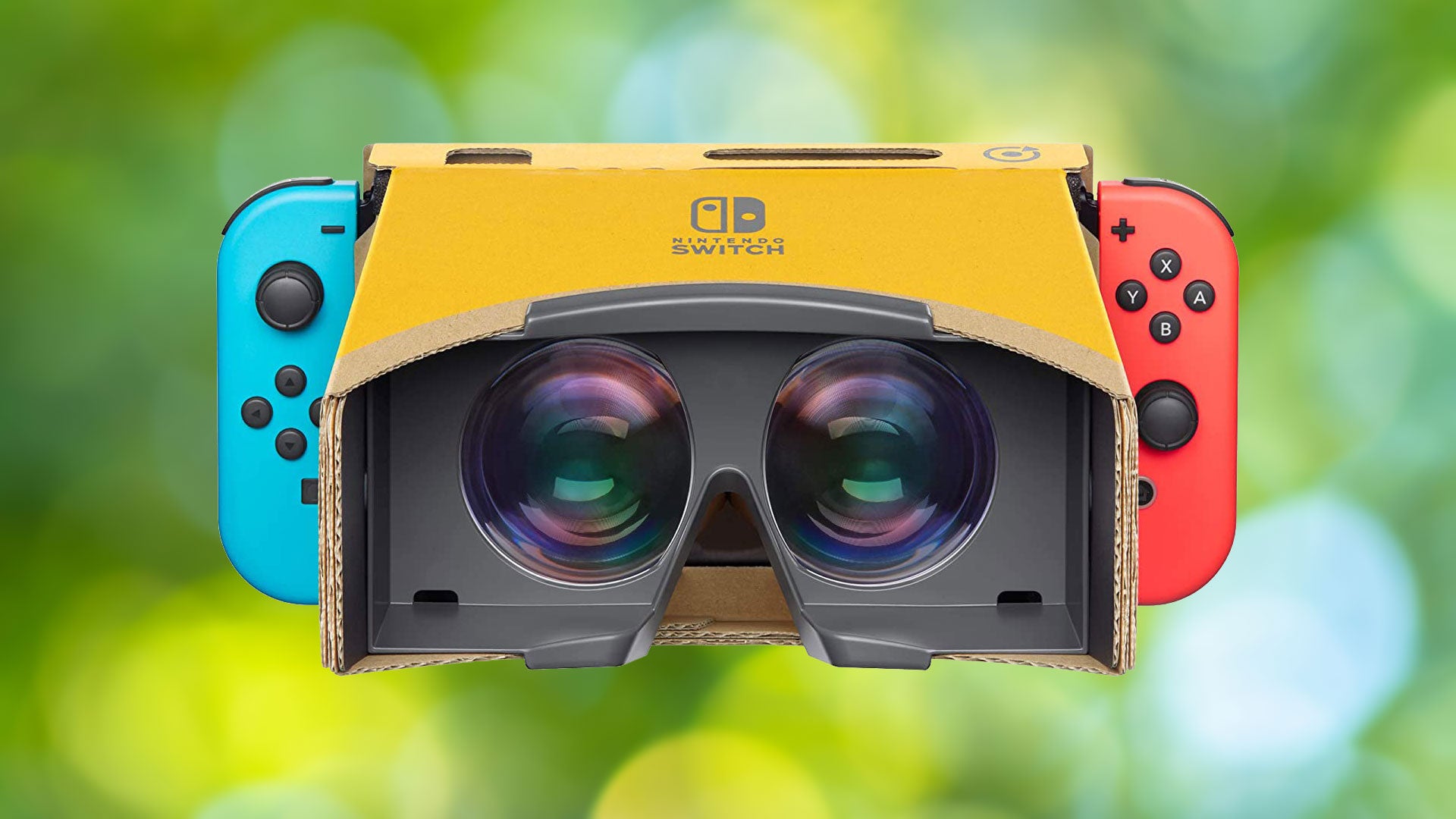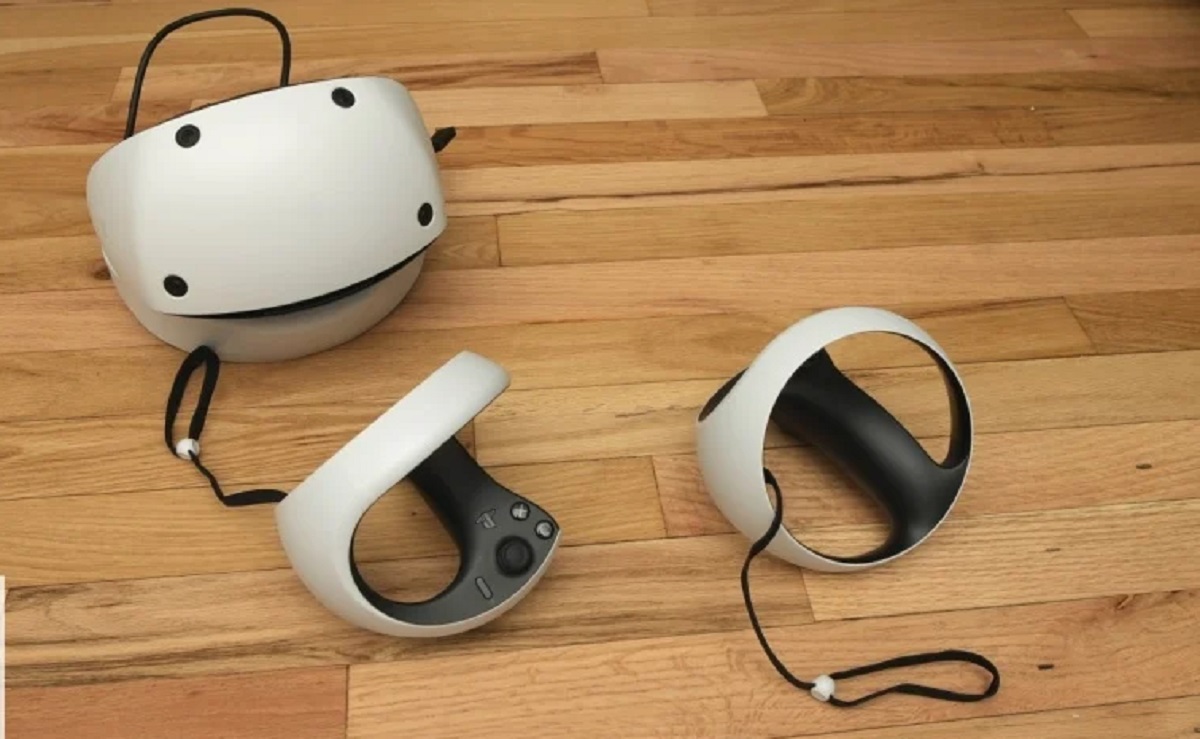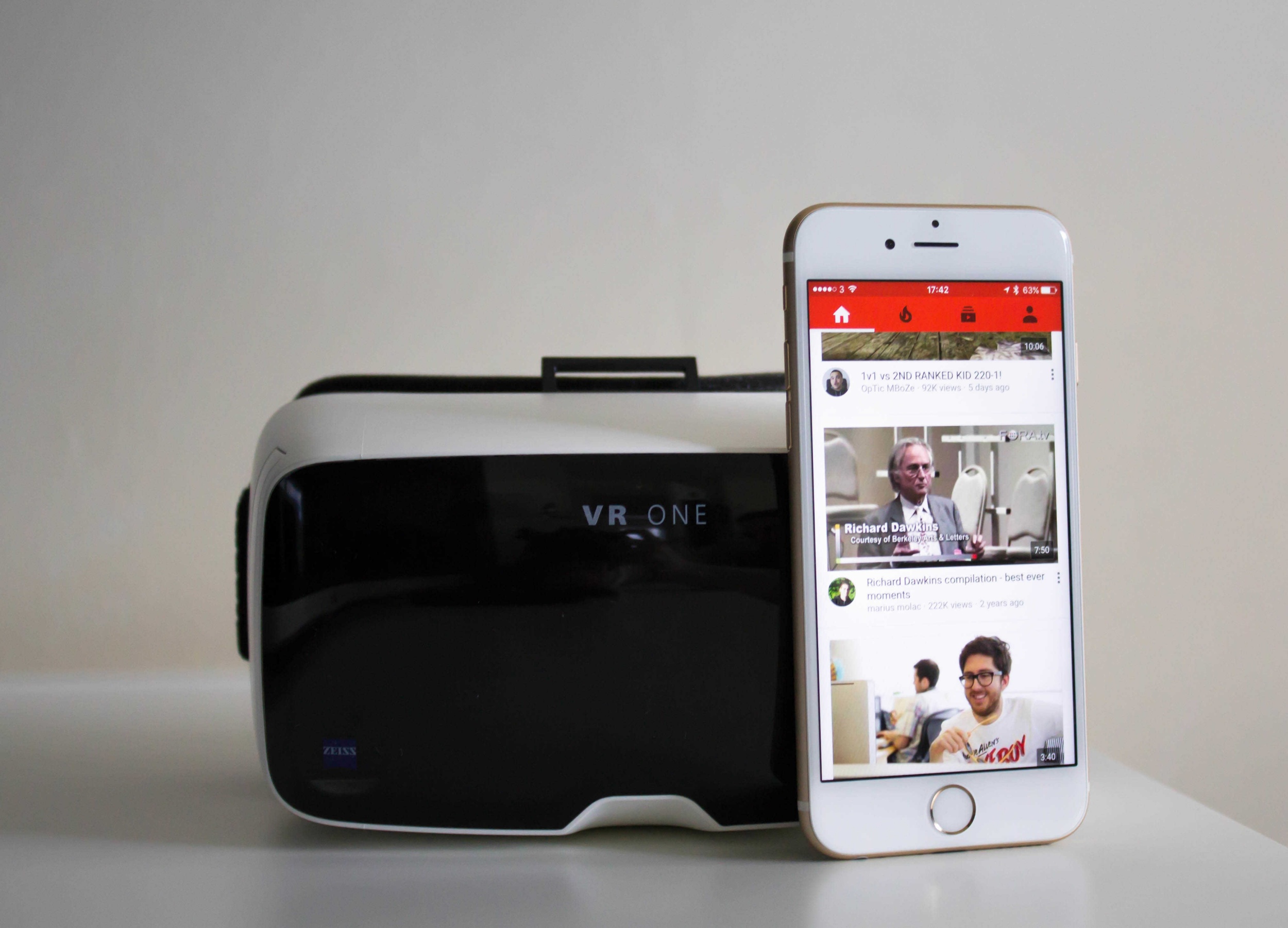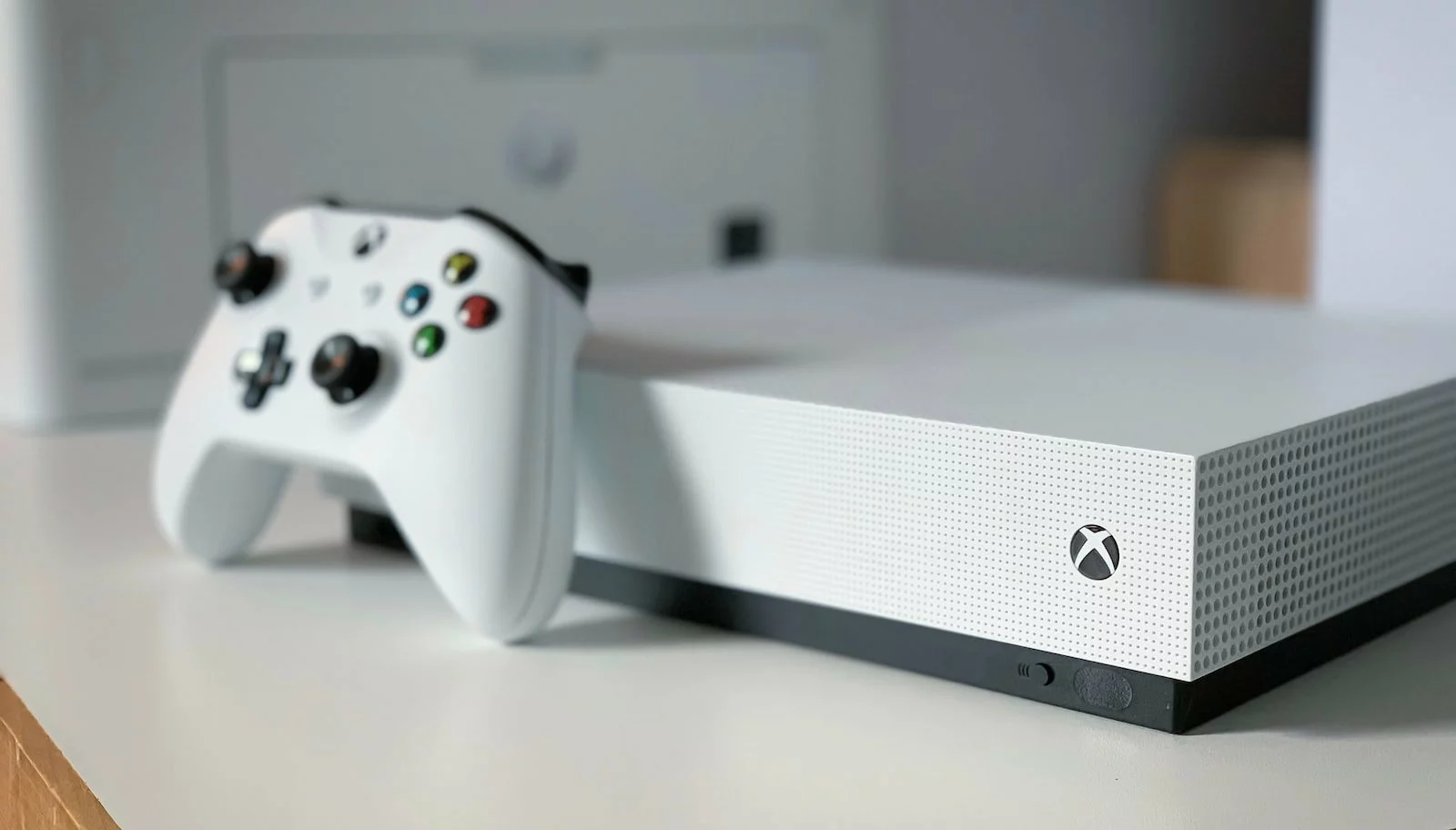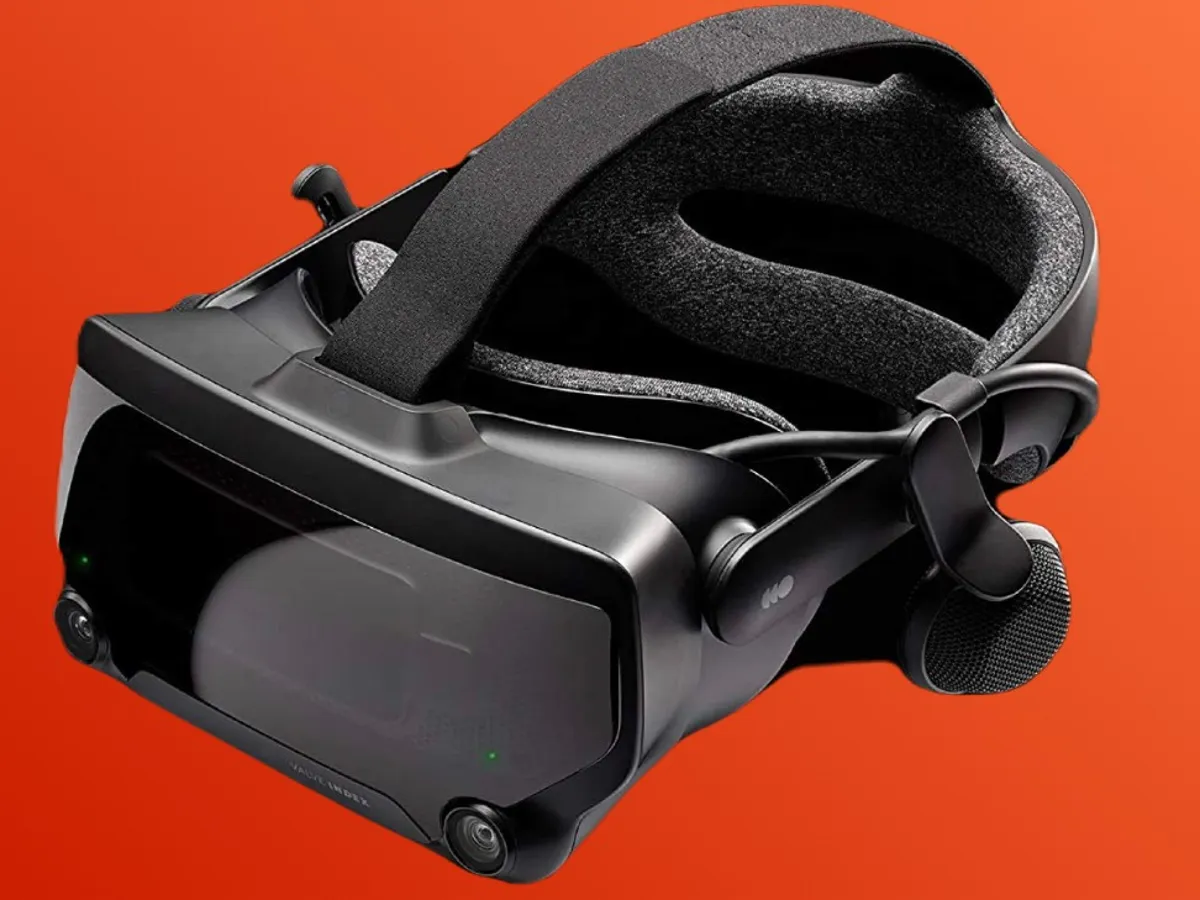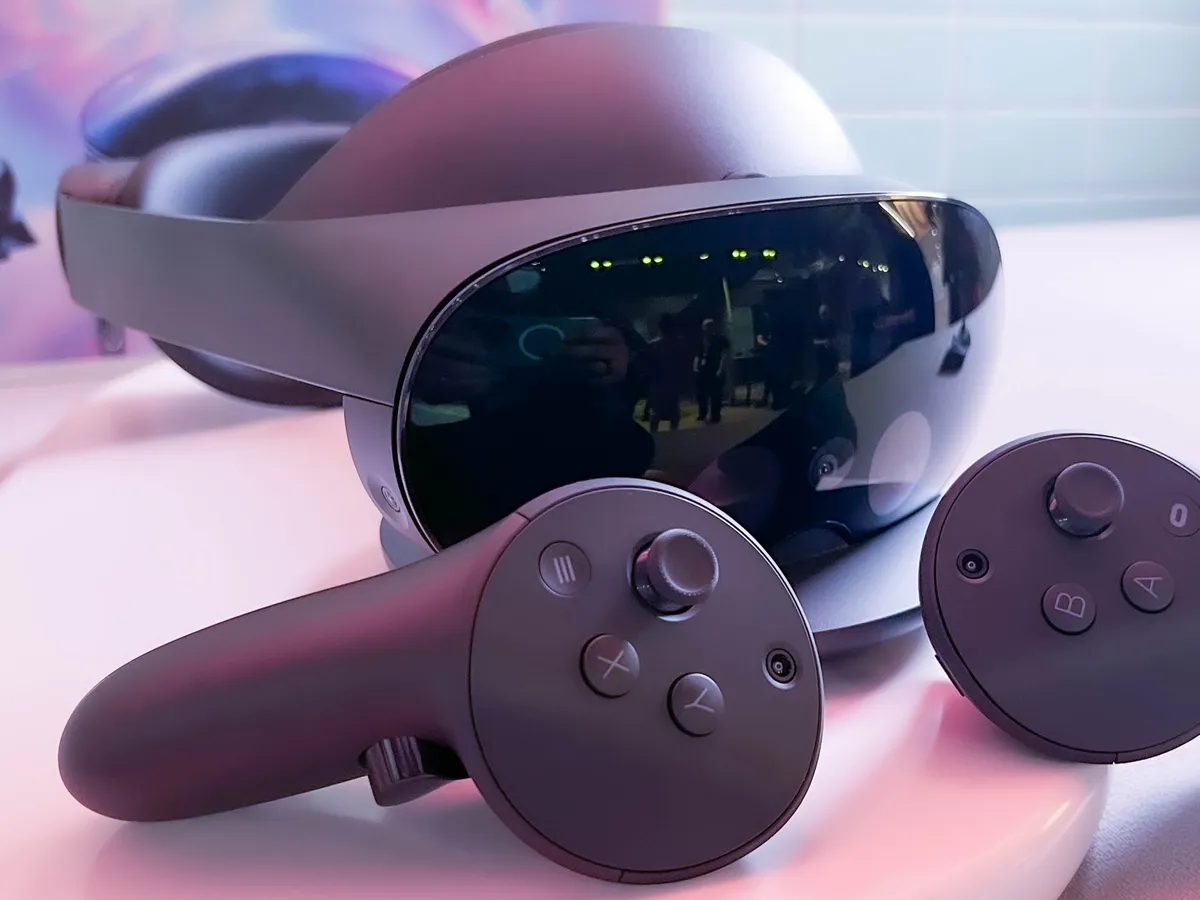Introduction
Introduction
Gaming headsets have become an essential accessory for gamers, providing immersive audio experiences and clear communication with fellow players. However, for individuals who wear glasses, finding the right gaming headset can be a daunting task. The discomfort caused by pressure on the temples and the interference with the glasses’ frames can significantly detract from the gaming experience. As a result, gamers who wear glasses are often on the lookout for headsets that not only deliver exceptional sound quality and a reliable microphone but also prioritize comfort and compatibility with their eyewear.
Fortunately, several gaming headset manufacturers have recognized the unique needs of glasses wearers and have developed products specifically tailored to address these challenges. From adjustable headbands to spacious ear cups, these features aim to accommodate the presence of glasses without compromising on comfort or audio performance. Additionally, advancements in headset design have led to the creation of models that cater to the diverse preferences and requirements of gamers who wear glasses.
In this article, we will explore the challenges faced by individuals who wear glasses when selecting a gaming headset and delve into the important features to consider when making a purchase. Furthermore, we will highlight some of the top gaming headset recommendations that have garnered praise for their compatibility with glasses, providing valuable insights for gamers seeking the perfect blend of comfort, performance, and style.
Challenges of Finding a Gaming Headset for People Who Wear Glasses
For individuals who wear glasses, the quest for a suitable gaming headset is fraught with unique challenges. The presence of eyewear introduces a myriad of discomforts and limitations that can impact the overall gaming experience. One of the primary challenges lies in the pressure exerted by the headset’s ear cups against the temples, which can cause soreness and fatigue during prolonged gaming sessions. Additionally, the frames of the glasses may interfere with the seal of the ear cups, leading to sound leakage and a compromised audio experience.
Furthermore, the design of some gaming headsets may not account for the presence of glasses, resulting in a lack of adjustability to accommodate the additional bulk of the frames. This can lead to a tight and constricting fit, causing discomfort and detracting from the immersive nature of gaming. Moreover, the material used in the construction of the headband and ear cushions can exacerbate the issue, as friction and pressure points may arise where the headset comes into contact with the glasses.
Another significant challenge is the potential for glasses wearers to experience heat buildup around the ear cups, especially during intense gaming sessions. The lack of adequate ventilation and breathability in some headset designs can lead to perspiration and discomfort, further compounded by the presence of glasses, which can act as an insulating barrier.
From a practical standpoint, the compatibility of the headset with the glasses’ frames is a crucial consideration. Some headsets may not provide sufficient clearance or may apply uneven pressure, leading to an uneven fit and potential distortion of the glasses. This not only affects comfort but also raises concerns about the durability of the frames over time.
These challenges underscore the importance of finding a gaming headset that addresses the specific needs of glasses wearers, offering a comfortable, adjustable, and accommodating design without compromising on audio quality or communication capabilities.
Important Features to Consider
When searching for a gaming headset suitable for glasses wearers, several key features should be taken into account to ensure comfort, functionality, and an optimal gaming experience. These features are specifically tailored to address the challenges faced by individuals who wear glasses, offering solutions that enhance comfort and compatibility without sacrificing audio quality or performance.
- Adjustable Headband: Look for a gaming headset with an adjustable headband that provides flexibility and ample clearance for glasses. This feature allows for a customizable fit, reducing pressure on the temples and ensuring a comfortable gaming experience, even during extended play sessions.
- Spacious Ear Cups: Opt for headsets with spacious ear cups that can accommodate the presence of glasses without exerting excessive pressure on the frames. Ample room within the ear cups prevents discomfort and ensures a proper seal for immersive sound while minimizing sound leakage.
- Memory Foam Cushions: Headsets equipped with memory foam ear cushions offer a plush and adaptive fit, effectively conforming to the shape of the glasses’ frames and minimizing pressure points. This feature enhances comfort and reduces the likelihood of soreness during prolonged use.
- Rotating or Swiveling Ear Cups: Consider headsets with rotating or swiveling ear cups, as these designs facilitate a better fit and seal around the glasses, ensuring a comfortable and consistent experience without compromising audio quality.
- Adjustable Mic Boom: A headset with an adjustable mic boom provides the flexibility to position the microphone away from the glasses, minimizing interference and ensuring clear communication without the risk of contact or obstruction.
- Breathable Materials: Look for headsets constructed with breathable materials to promote airflow and prevent heat buildup around the ear cups. Enhanced ventilation reduces the likelihood of discomfort and perspiration, particularly when wearing glasses.
By prioritizing these features, glasses wearers can select a gaming headset that caters to their unique needs, offering a comfortable and accommodating design that enhances the overall gaming experience. These considerations underscore the importance of seeking headsets that are specifically engineered to address the challenges associated with wearing glasses, ensuring that comfort and performance are seamlessly integrated into the gaming experience.
Top Gaming Headset Recommendations for Glasses Wearers
Several gaming headsets have garnered acclaim for their exceptional compatibility with glasses, offering a blend of comfort, performance, and thoughtful design features that cater to the needs of glasses wearers. These recommendations encompass a range of price points and feature sets, providing options for gamers seeking the perfect balance of comfort and audio excellence.
- Razer BlackShark V2: The Razer BlackShark V2 is lauded for its plush memory foam ear cushions and a lightweight design that minimizes pressure on the temples. The breathable fabric used in the ear cups ensures ample ventilation, making it an ideal choice for glasses wearers seeking long-term comfort without sacrificing audio quality.
- SteelSeries Arctis 7: With its adjustable headband and AirWeave ear cushions, the SteelSeries Arctis 7 offers a customizable fit that accommodates glasses with ease. The ear cups feature a swiveling design that maintains a consistent seal, while the Discord-certified ClearCast microphone ensures crystal-clear communication without interference from glasses.
- HyperX Cloud II: Renowned for its luxurious memory foam ear pads and durable aluminum frame, the HyperX Cloud II provides exceptional comfort for glasses wearers. The 53mm drivers deliver rich, immersive sound, while the detachable noise-canceling microphone ensures clear communication without any compromise on comfort.
- Logitech G Pro X: The Logitech G Pro X features plush memory foam ear pads and a lightweight aluminum frame, offering a comfortable and secure fit for glasses wearers. With Blue Voice microphone technology and customizable EQ profiles, this headset delivers outstanding audio performance while accommodating the presence of glasses.
- Corsair HS60 Haptic: Boasting memory foam ear cushions and a durable construction, the Corsair HS60 Haptic provides a comfortable and immersive gaming experience for glasses wearers. The haptic bass feature adds an extra dimension to audio, while the adjustable ear cups ensure a snug fit without causing discomfort to glasses wearers.
These top gaming headset recommendations have been celebrated for their ability to address the unique challenges faced by glasses wearers, offering a combination of comfort-driven design and exceptional audio performance. By considering these options, gamers can elevate their gaming experience while enjoying sustained comfort, making these headsets standout choices for individuals who wear glasses.
Conclusion
Choosing the right gaming headset as a glasses wearer is no longer a daunting task, thanks to the array of options designed to prioritize comfort, functionality, and audio excellence. The challenges associated with wearing glasses during gaming sessions, such as pressure on the temples, sound leakage, and discomfort, have been effectively addressed by leading gaming headset manufacturers.
By recognizing the importance of adjustable headbands, spacious ear cups, memory foam cushions, and breathable materials, these manufacturers have succeeded in catering to the specific needs of glasses wearers, ensuring that comfort and performance are seamlessly integrated. As a result, gamers can indulge in extended play sessions without the distraction of discomfort or compromised audio quality.
Furthermore, the top gaming headset recommendations highlighted in this article offer a diverse selection of options, each excelling in comfort, compatibility, and audio fidelity. Whether it’s the plush memory foam ear cushions of the Razer BlackShark V2 or the adjustable headband and AirWeave ear cushions of the SteelSeries Arctis 7, glasses wearers now have access to headsets that prioritize their unique requirements without sacrificing on audio performance or communication capabilities.
Ultimately, the evolution of gaming headset design has ushered in an era of inclusivity, where individuals who wear glasses can seamlessly integrate high-quality audio experiences with their eyewear. As technology continues to advance, it is foreseeable that gaming headsets will further refine their designs to accommodate an even broader spectrum of user needs, ensuring that comfort and performance remain at the forefront of the gaming experience for all individuals, including glasses wearers.









